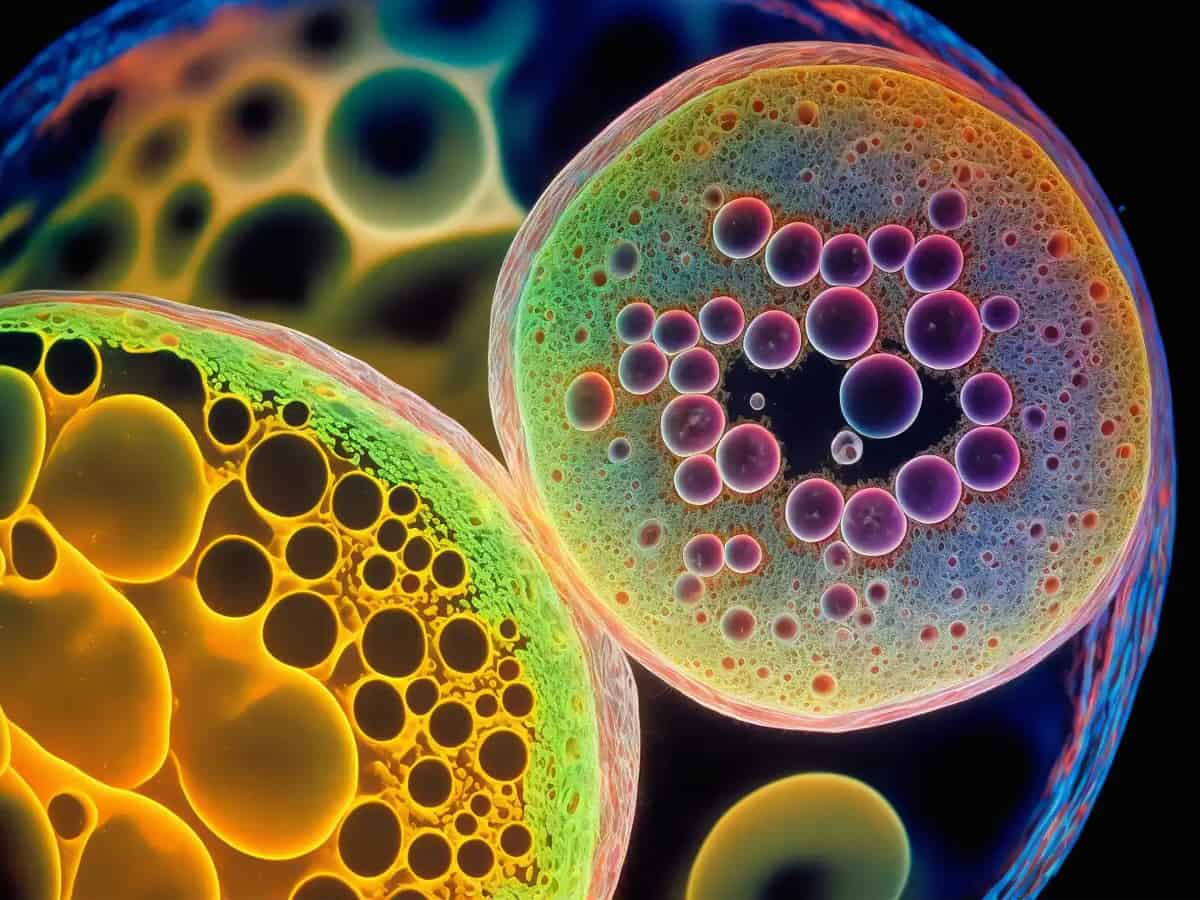
New Delhi: Implementing comprehensive screening programmes, increasing awareness on stem cell therapy can help patients with sickle cell disease, an inherited blood disorder that affects millions worldwide including in India, said experts on World Sickle Cell Day 2023 on Monday.
World Sickle Cell Day is observed on June 19th every year to raise awareness about the disease, the challenges faced by people suffering from the condition and the importance of finding effective ways to manage the disease.
Affecting millions worldwide and causing immense suffering with reduced quality of life, sickle cell disease is an inherited blood disorder characterised by abnormally shaped red blood cells.
Normal red blood cells are round and flexible, but in sickle cell disease, they become crescent-shaped and rigid, leading to blockages in blood vessels, causing pain, organ damage, and other complications.
“Individuals inherit the condition when both parents carry the sickle cell trait. Screening is a vital tool in identifying carriers and individuals with the disease, allowing for early intervention and proper management,” Dr. Rajkumar, Sr. Consultant- Internal Medicine from Indian Spinal Injuries Centre, told IANS.
“By implementing comprehensive screening programmes, we can identify at-risk individuals and provide them with the necessary support, education, and treatment options,” he added.
In India, the burden of sickle cell disease has significantly increased making it become the second-highest in terms of the disease burden, after Nigeria.
India has over 20 million diagnosed patients. Tragically, 50-80 per cent of children with sickle cell disease struggle to reach age five.
Each year, around 150,000 to 200,000 children are born with sickle cell disease in India, facing chronic pain, anaemia, organ damage, increased susceptibility to infections, stroke, and a shorter life expectancy.
In order to combat the disease burden, the Indian government is running a dedicated National Sickle Cell Disease Programme to achieve the ambitious goal of eradicating it by 2047.
According to health experts, stem cell transplants provide hope for sickle cell patients. However, besides limited availability of curative stem cell transplants and unavailability of stem cell donors, awareness about stem cell therapy is also low.
“A stem cell transplant is a promising treatment option for sickle cell disease that involves replacing the patient’s bone marrow, which produces red blood cells, with healthy bone marrow from a matched donor. The procedure can cure sickle cell and alleviate symptoms, but a stem cell transplant is a multifaceted procedure that requires specialised infrastructure, trained personnel, and meticulous post-transplant care,” said Dr. Santanu Sen, Consultant, Pediatric Hematology, Oncology, and Stem Cell Transplantation at Kokilaben Hospital, Mumbai.
“Stem cell transplant can be a life-saving procedure for Sickle Cell Disease, but its availability and accessibility in India are still limited. Patients often encounter obstacles like financial constraints, geographic distance, and the absence of a suitable donor, preventing them from receiving the necessary care,” added Dr. Esha Kaul, Associate Director – Medical Oncology (Hematology, Hemato-Oncology, BMT), from Max Super Specialty Hospital, Delhi.
The experts urged for increasing awareness, advocacy, and collaborations among stakeholders to enhance the care and outcomes for sickle cell patients in India.
“Disease elimination should be our ultimate goal. Through advancements in medical research, we have made significant strides in understanding this complex condition. Investing in research, genetic counselling, and widespread awareness campaigns can help us break the cycle of inherited sickle cell disease,” Dr. Rajkumar told IANS.



